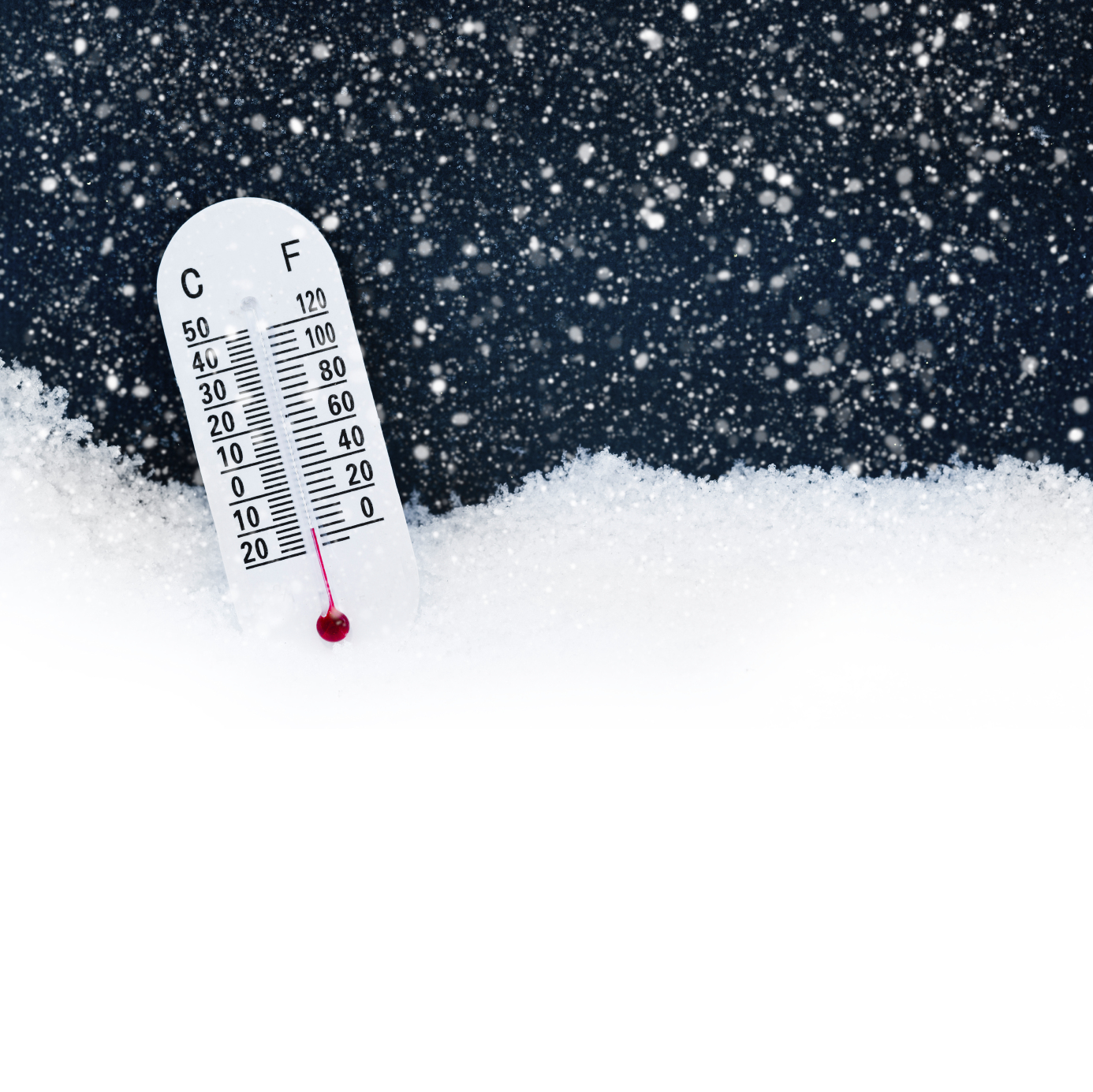
Does a Really Cold Winter Mean Less Bugs This Summer?
Raise your hand if you think we had an extremely cold winter.
1. We did, so you’re right!
2. Did you really raise your hand as you sit in front of a computer screen/mobile device?
Since we had such a cold winter, you’re probably thinking that a majority of the hibernating bugs died.
Well, not exactly…
The Past Predicts the Future
In the Northeast, we’ve had extremely cold winters before. Many think that most insects and bugs have died off, but this has never the case.
Some of the coldest winters have gone by, but spring and summer were filled with mosquitoes and ticks as per usual. Many of these insects have adapted to these freezing conditions, becoming smarter with their hibernation habits — thus, not being completely annihilated each winter.
There is a small chance that populations of these pests can lower by a small percentage, but nothing measurably drastic.
How They Stay Warm
Not all insects fly south for the winter, like how birds and butterflies do. Most will create their own warmth and sit tight until it’s time to reemerge in the spring.
For example, mosquitoes and ticks will find the warmest spot they can (usually underneath piles of leaves and snow) and stay there until winter has passed.
Mosquitoes in particular will produce a natural antifreeze within their bodies while simultaneously lowering their metabolism to help keep them warm (and alive).
While the humans of the world have to endure the cold weather each and every winter, most insects are in hiding, keeping warm and toasty! So if you were expecting less bugs this summer — we’re sorry to be the bearers of bad news!



